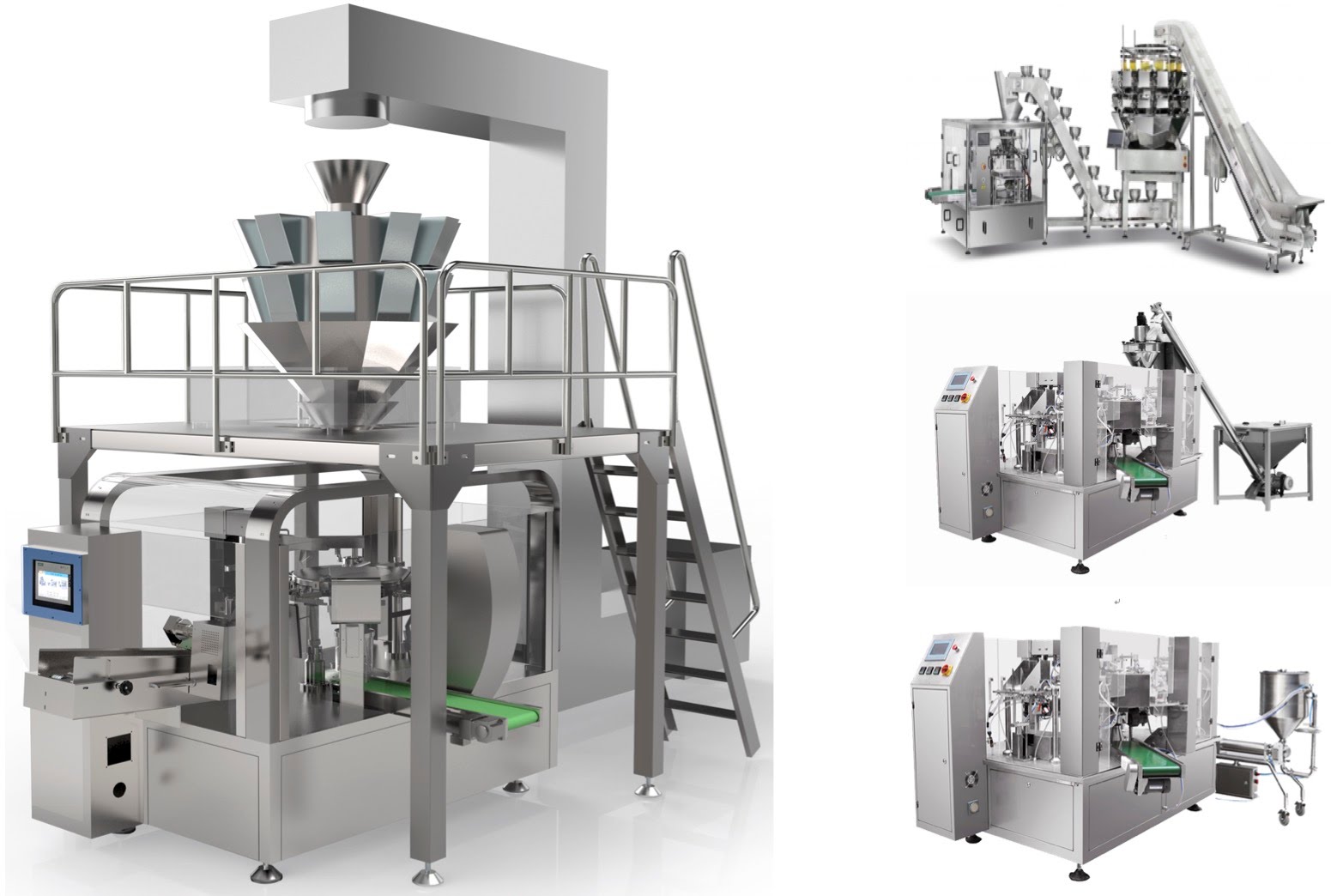In the dynamic world of food production, ensuring product safety, quality, and shelf life is paramount. Retort processing machines have emerged as indispensable tools for achieving these goals. In this article, we’ll delve into the advantages of using retort processing machines in food production while emphasizing the role of a food consultant in optimizing these processes.
The Basics of Retort Processing
Before we explore the advantages, let’s briefly understand what retort processing involves. Retort processing is a heat-based preservation method that involves sealing food products in airtight containers and subjecting them to high temperatures. This process effectively sterilizes the contents, extending their shelf life and preserving nutritional value.
Advantages of Retort Processing Machines
1. Extended Shelf Life:
Retort processing significantly extends the shelf life of food products. This allows manufacturers to produce goods in larger quantities, reducing the frequency of production runs.
2. Food Safety:
Safety is paramount in the food industry. Retort processing eliminates harmful microorganisms, including bacteria and pathogens, ensuring that the final product is safe for consumption.
3. Nutritional Preservation:
Compared to some other preservation methods, retort processing retains the nutritional value, flavor, and texture of the food. This helps maintain product quality and consumer satisfaction.
4. Versatility:
Retort processing is versatile and can be used for a wide range of food products, from canned fruits and vegetables to ready-to-eat meals and pet food.
5. Convenience and Portability:
The sealed containers used in retort processing are convenient and portable, making products suitable for on-the-go consumption, military rations, and emergency food supplies.
6. Cost-Effectiveness:
Producing in bulk and longer shelf life reduce operational costs. It also allows businesses to take advantage of economies of scale.
7. Minimal Additives:
Unlike some preservation methods that require additional preservatives, retort processing relies primarily on heat, reducing the need for artificial additives.
The Role of a Food Consultant
To fully capitalize on the advantages of retort processing machines, businesses often engage the expertise of food consultants. Food consultants are professionals well-versed in food safety, quality control, and production optimization. Here’s how they enhance the retort processing experience:
1. Process Optimization:
Food consultants analyze the production process, ensuring that it complies with industry standards and regulations. They fine-tune the retort processing parameters for maximum efficiency and safety.
2. Regulatory Compliance:
Navigating the complex landscape of food safety regulations can be challenging. Food consultants help businesses stay compliant with local and international food safety standards.
3. Quality Assurance:
Maintaining consistent product quality is vital for consumer satisfaction. Food consultants implement quality control measures to ensure every batch meets the desired standards.
4. Troubleshooting:
In case of issues or challenges in retort processing, food consultants provide expert guidance and troubleshooting solutions.
Conclusion
Retort processing machines have revolutionized food production by offering extended shelf life, food safety, and versatility. These advantages not only benefit manufacturers but also consumers who enjoy safe and nutritious products. To harness the full potential of retort processing, businesses can rely on the expertise of food consultants. These professionals ensure compliance with regulations, optimize processes, and uphold quality standards, making retort-processed foods a reliable and valuable choice in the food industry. As food production continues to evolve, retort processing remains a trusted method, ensuring that safe and high-quality products reach our tables.





